With the theme "Innovative Communication in the Age of AI: Optimal Creative Strategies, Ethical Considerations and Challenges in Crisis Communication Management", ICMC 2025 focuses on important discussions on AI and its impact on journalism and communication; the role of universities in initiating discussions, directing research on communication using artificial intelligence tools and its social impact. The conference also received nearly 30 scientific papers from scholars.
AI is changing the game in media
Professor Khoa Do from Swinburne University of Technology, Australia, believes that we are in the “honeymoon” phase with AI, full of excitement and optimism. However, AI will be here for a long time, and humans must adapt by developing the necessary self-learning habits.
“Interacting with AI requires clarity of thought and clear purpose,” Professor Khoa affirmed.
According to Mr. Le Quoc Vinh - Chairman of Le Group, the rapid development of social media platforms has made it easier than ever for fake news and conspiracy theories to spread. In particular, AI technology, including generative AI, has introduced new ways to create convincing fake content.
 |
Mr. Le Quoc Vinh shares about the challenge of fake news and the impact of AI on media |
“While AI can be used to check facts and detect bias, misuse of AI poses a major challenge for communicators and crisis managers,” said Vinh.
At the workshop, Dr. Kelly Galvin - Senior Lecturer, Educational Innovation Specialist - Swinburne University of Technology, Australia presented an innovative approach to improving clinical reasoning in health science education through a simple design. Using the Design-Based Research (DBR) method, Dr. Kelly and her research team developed and tested the Decision Wheel Tool.
The research is built on the principle that simplicity in design clearly communicates critical thinking and supports authentic learning moments, especially in a digital landscape influenced by the rise of generative AI.
Sharing about the issue of humans and AI collaborating to tell creative multimedia stories, Mr. Dinh Tran Tuan Linh - CEO of Urah Network said that we need to clarify the misunderstandings about AI and its power. Vietnam is one of the leading countries in creativity in the digital age. However, the challenge is how to harmonize AI creativity with human emotions, culture and ethical standards.
Responsible AI Applications in Schools and Businesses
At the discussion session “Creative communication in the age of AI and the role of universities and research in shaping communication using AI”, Professor Khoa Do said that AI is like a mirror, not only a supporting tool but also the key to change and improve the quality of teaching and learning.
According to Dr. Hoang Viet Ha - Director of Swinburne Vietnam, the university's responsibility includes training and equipping students with the necessary skills to use AI responsibly, understanding the social, ethical and legal impacts of this technology.
Curriculums should also focus on developing students’ critical thinking skills, helping them identify and address potential issues related to the use of AI, such as data bias or ethical risks. “Creating a positive and responsible academic environment for the application of AI will help students and lecturers make the most of the potential of this technology in improving the quality of education and research,” said Dr. Ha.
Dr. Ngo Bich Ngoc - Head of the Faculty of Multimedia Communications at Swinburne Vietnam believes that AI cannot replace humans in the short term, but the education system needs to make changes to help learners have the right attitude and adapt well to these great changes. "The global education system needs to redesign assessment criteria, and even more so, cultivate learners' critical thinking skills," Dr. Ngoc affirmed.
 |
Dr. Hoang Viet Ha shares about responsible AI applications in schools |
Regarding the question of whether labor productivity is the most important factor when AI helps increase work efficiency, Mr. Le Quoc Vinh said that one of the big misconceptions is that AI only helps free up time and thinking to work more. In fact, AI helps people free up time to focus on bigger jobs, instead of increasing the amount of work.
Agreeing with this view, Dr. Kelly Galvin further emphasized that AI is not only used to increase efficiency but also to create value, not simply an ethical issue.
According to Ms. Hoang Nhat - Deputy Editor-in-Chief of VietnamPlus Online Newspaper, from the perspective of an online journalist and following the AI - "AI flop" media trend, the use of AI in content creation will have copyright issues. The urgent issue is to provide a legal corridor and ethical boundaries. Newsrooms need to have their own set of rules so that the use of AI is effective and does not violate ethical issues. During the production process, newspapers must clearly state in which parts AI has been used.
In addition to the main sessions, ICMC 2025 will feature parallel sessions where researchers will present new research papers. These will focus on core issues of AI in media, including ethics, risk management, and innovative solutions.
Swinburne experts have pointed out that, although AI opens up many breakthrough opportunities, it also poses major challenges in terms of transparency, information censorship and the role of humans in controlling this technology.
 |
More than just a professional conference, ICMC 2025 has become a bridge between academia and practice, between technology and communication. |
With the connection between academia and practice, ICMC 2025 not only brings insights into AI and media but also creates a solid foundation for new research and applications in the future. Dr. Ngo Bich Ngoc shared: “ I think the important role of universities is to initiate discussions, form discourses, and we always strive to do that effectively. We want to contribute our voice to global debates and discussions.”
The workshop once again affirmed the importance of combining knowledge and technology to shape the media industry in the digital age.
Source: https://tienphong.vn/hoi-thao-swinburne-icmc-2025-truyen-thong-doi-moi-sang-tao-trong-ky-nguyen-ai-post1728033.tpo


![[Photo] A brief moment of rest for the rescue force of the Vietnam People's Army](https://vstatic.vietnam.vn/vietnam/resource/IMAGE/2025/4/3/a2c91fa05dc04293a4b64cfd27ed4dbe)
![[Photo] General Secretary To Lam receives Japanese Ambassador to Vietnam Ito Naoki](https://vstatic.vietnam.vn/vietnam/resource/IMAGE/2025/4/3/3a5d233bc09d4928ac9bfed97674be98)
![[Photo] Ho Chi Minh City speeds up sidewalk repair work before April 30 holiday](https://vstatic.vietnam.vn/vietnam/resource/IMAGE/2025/4/3/17f78833a36f4ba5a9bae215703da710)
![[Photo] Prime Minister Pham Minh Chinh chairs meeting after US announces reciprocal tariffs](https://vstatic.vietnam.vn/vietnam/resource/IMAGE/2025/4/3/ee90a2786c0a45d7868de039cef4a712)
![[Photo] Prime Minister Pham Minh Chinh chairs the first meeting of the Steering Committee on Regional and International Financial Centers](https://vstatic.vietnam.vn/vietnam/resource/IMAGE/2025/4/3/47dc687989d4479d95a1dce4466edd32)

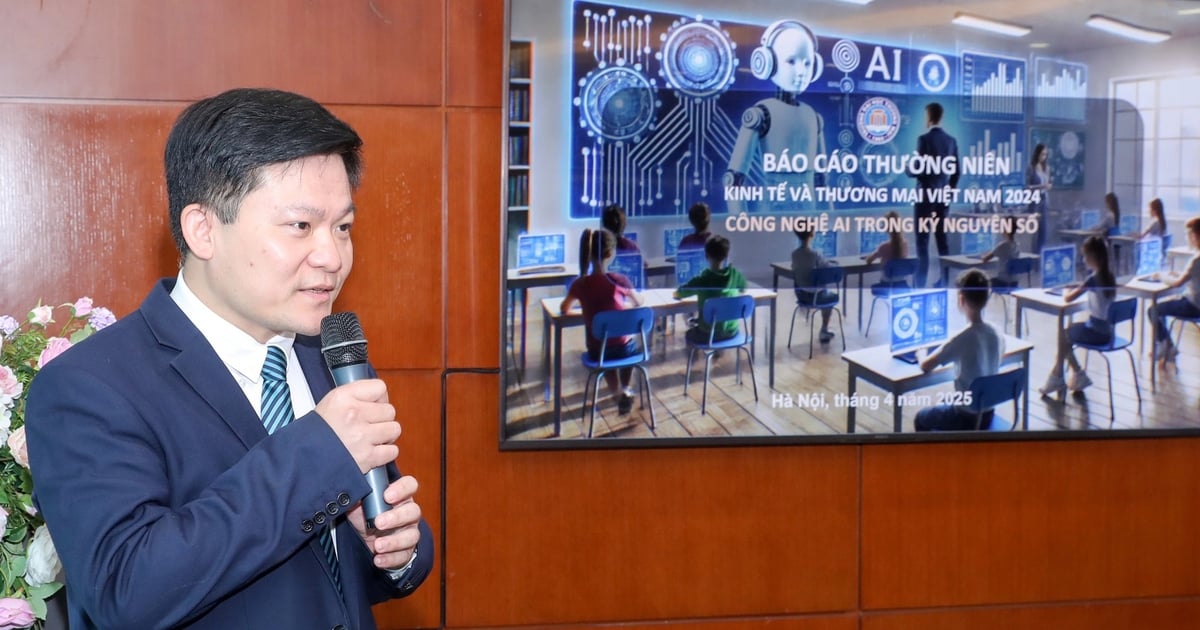

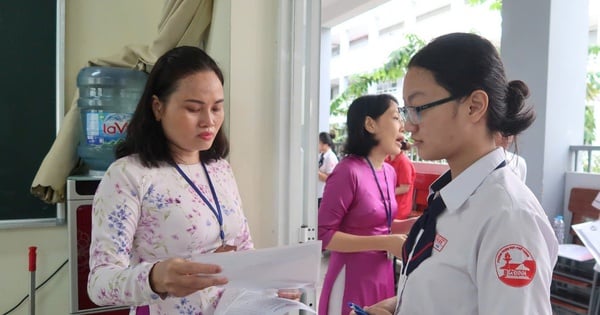

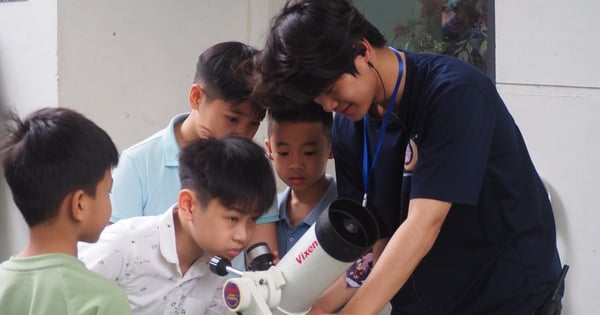
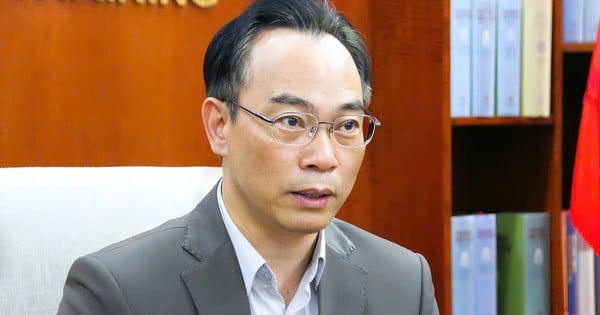











































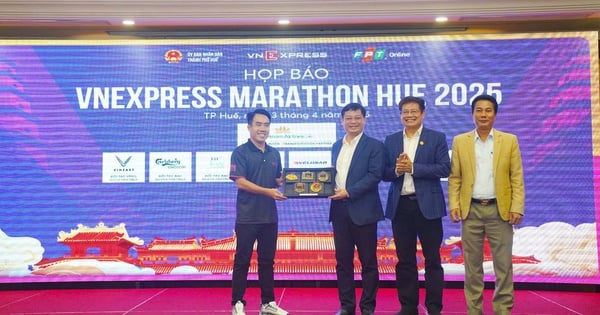






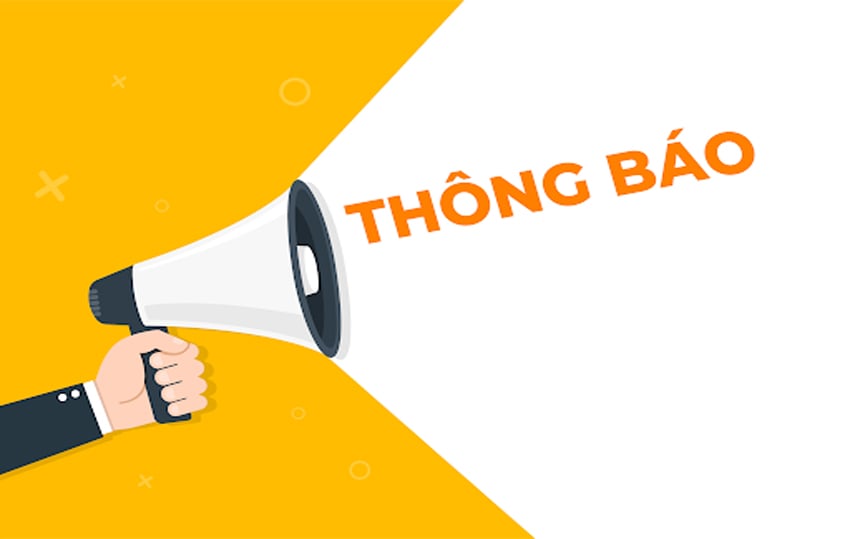

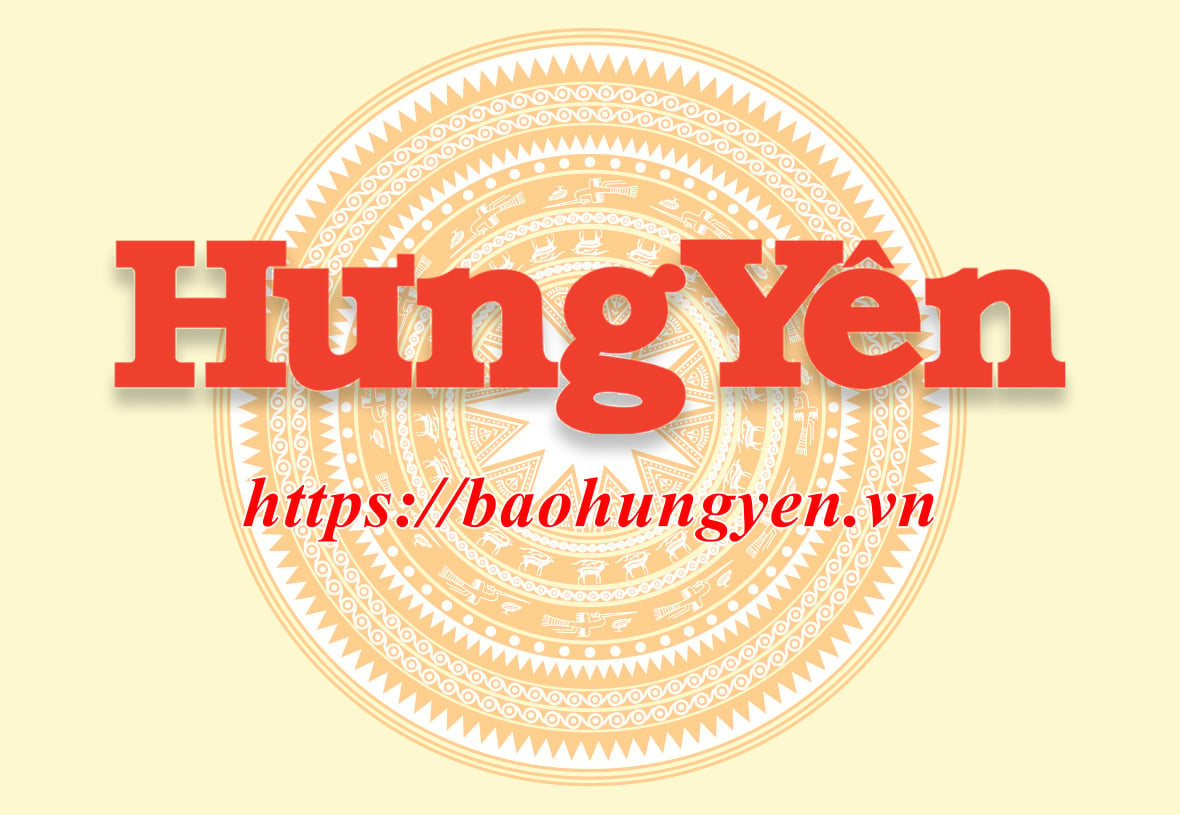

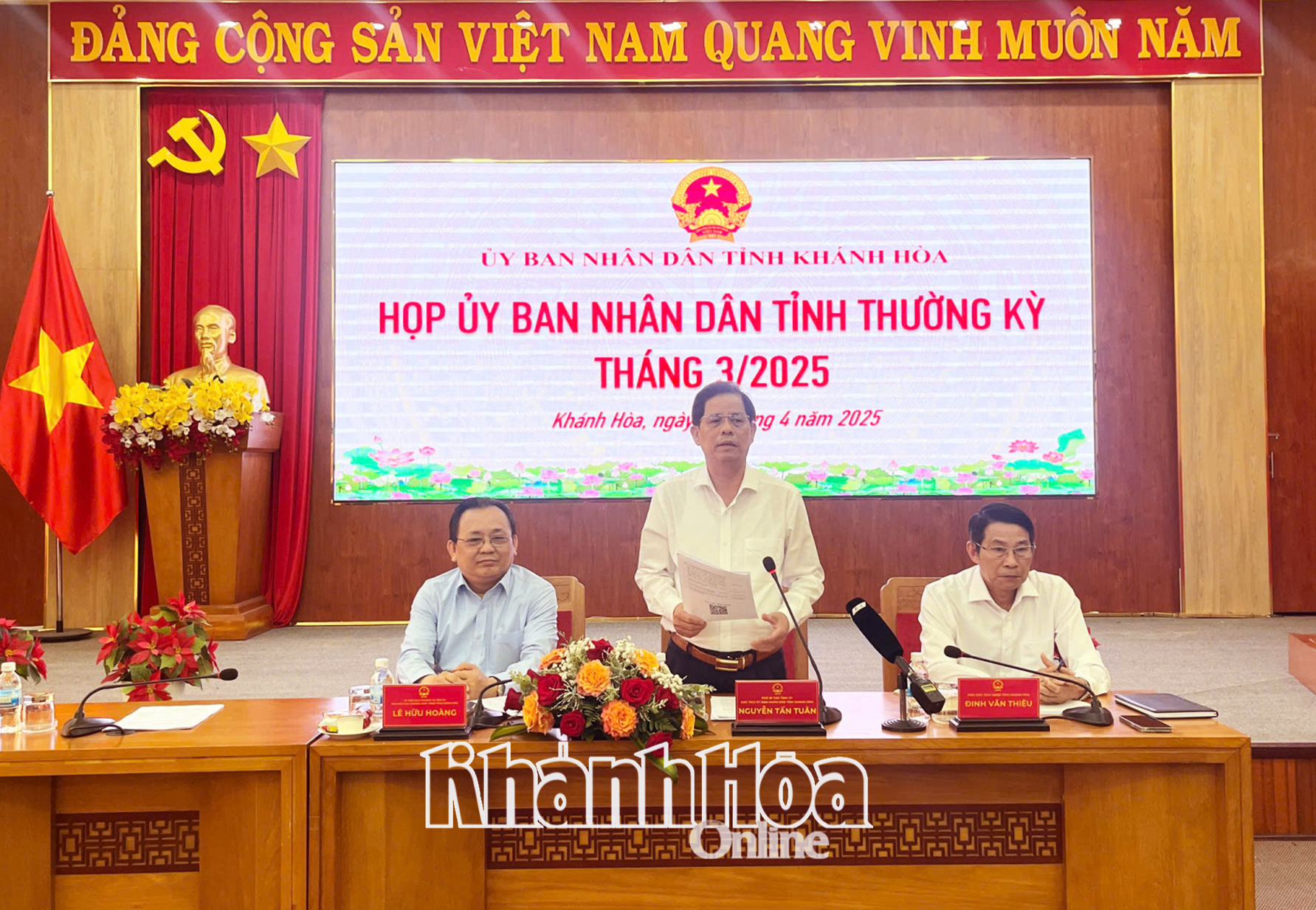

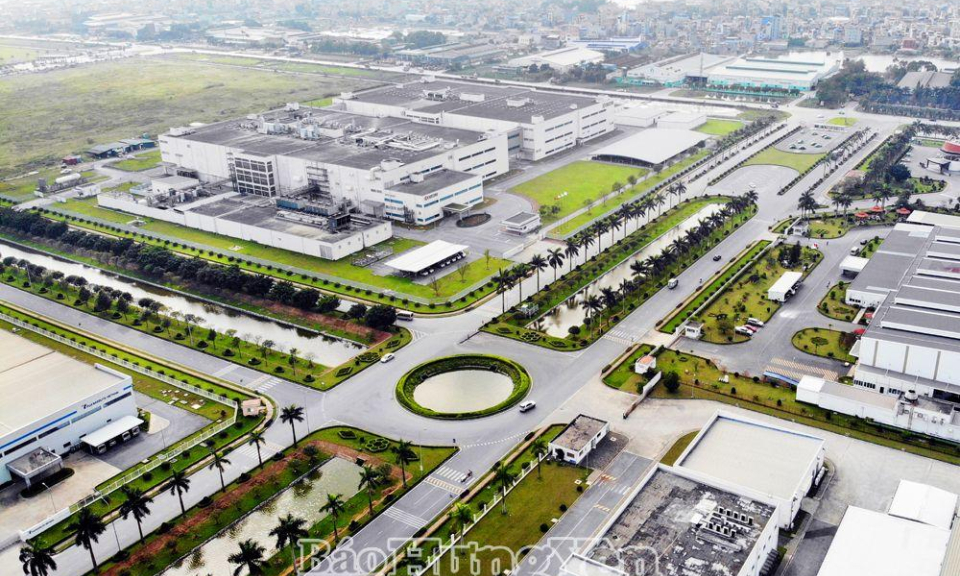
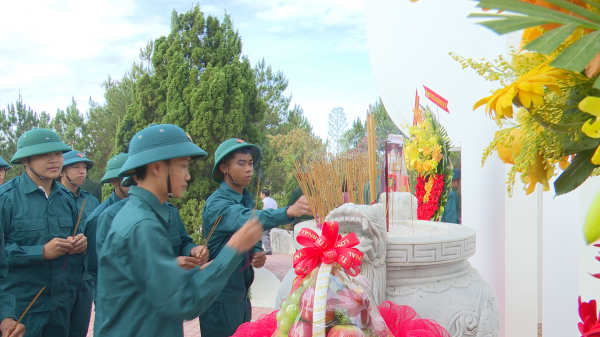












Comment (0)